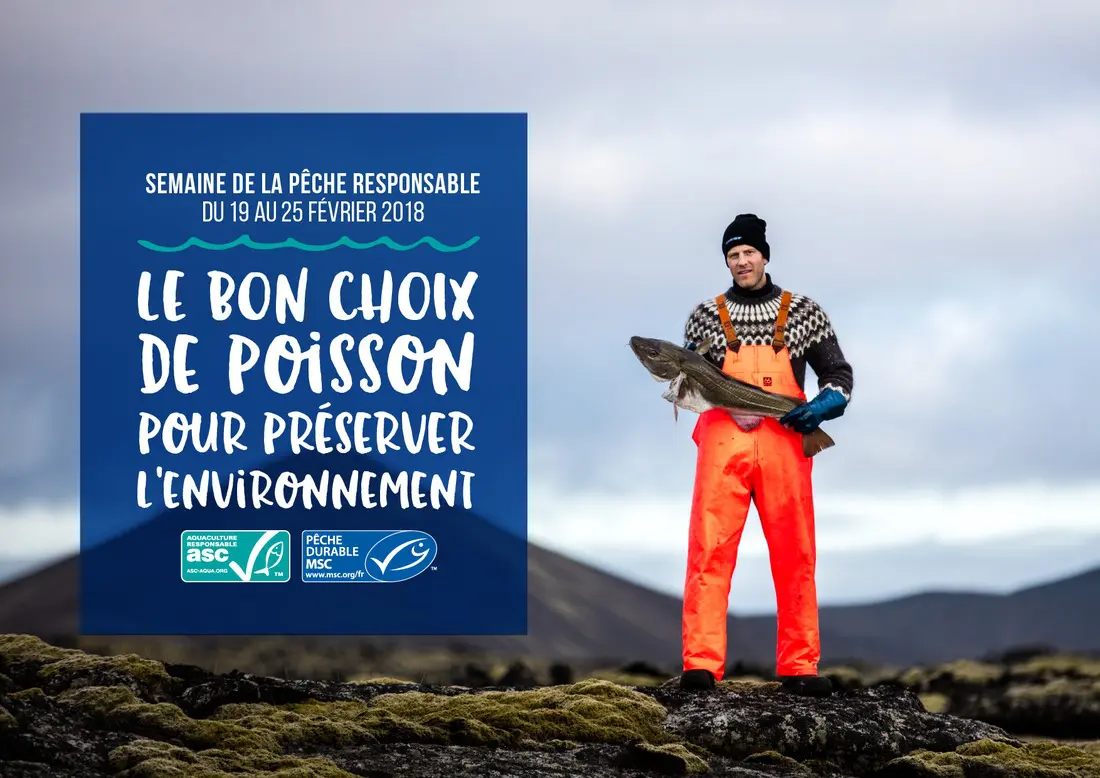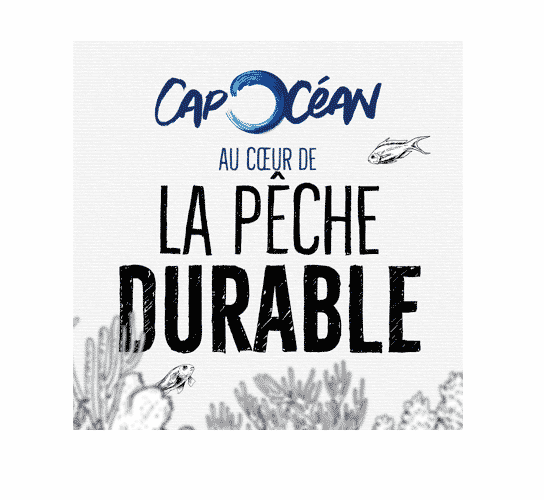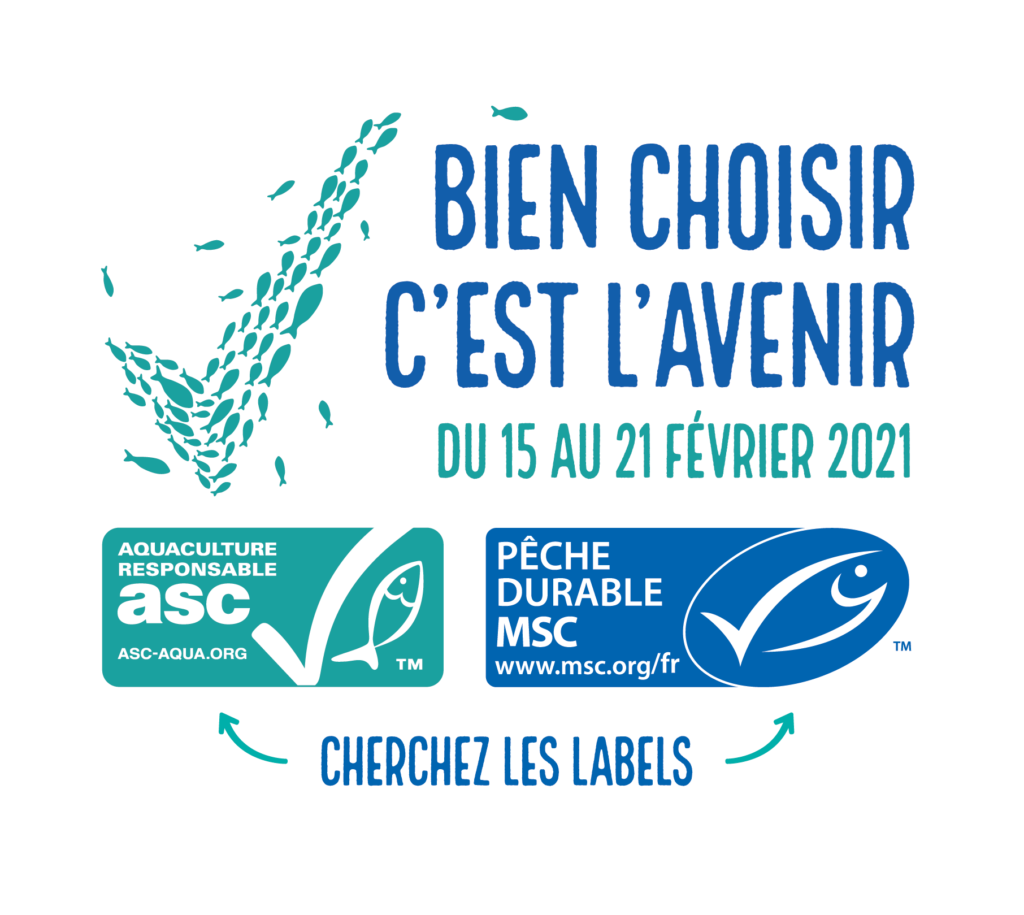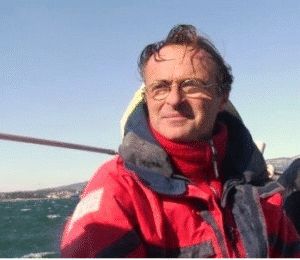Responsible fishing is a crucial issue for the preservation of our oceans and the marine biodiversity that depends on them. Faced with alarming overfishing and the degradation of marine ecosystems, it becomes imperative to adopt sustainable practices that guarantee not only the sustainability of fisheries resources, but also the health of aquatic environments. By educating fishermen, consumers and policymakers about environmentally friendly methods, we can all contribute to a future where oceans thrive and continue to feed future generations. It is time to act to safeguard the fragile balance that governs our seas and oceans, by making responsible fishing a collective priority.
| Appearance | Importance |
| Overfishing | Threats marine biodiversity and ecosystems. |
| Sustainable Practices | Promote the regeneration of species and the health of the oceans. |
| Fisheries Control | Regulations necessary to limit excessive catches. |
| Education | Raises awareness among fishermen and consumers about marine issues. |
| Local Products | Reduces carbon footprint and supports the local economy. |
| Marine Ecosystems | Protection of essential habitats such as coral reefs. |
| Technology | Use of advanced tools to monitor marine populations. |
| International Collaboration | Necessary partnerships for global resource management. |
- Sustainable fishing practices
- Respect fishing quotas
- Selective equipment
- Use nets that minimize bycatch
- Raising awareness among fishermen
- Training on sustainable fishing and its challenges
- Protection of marine habitats
- Establish marine reserves
- Monitoring and regulation
- Strengthen monitoring of fishing activities
- Promotion of responsible consumption
- Seafood labeling and ethical certifications
- Plastic waste management
- Limit ocean pollution by waste
- International collaboration
- Exchanges of good practices between countries
Table of Contents
ToggleGood practices for responsible fishing

Adopt practices of responsible fishing is essential to preserve our oceans and their biodiversity. Sustainable fishing methods aim to minimize the impact on marine ecosystems while guaranteeing the sustainability of fisheries resources.
Among the good practices responsible fishing, the selection of fishing gear is crucial. Using larger mesh nets allows mature fish to be captured, leaving younger fish to grow and reproduce. In addition, adopting devices to reduce accidental capture, such as turtle detection grids, helps protect non-target species.
The management of fishing quotas is also essential. Determine quotas based on scientific data helps prevent overfishing and ensure the reproduction of fish populations. Respecting regulated fishing zones, such as marine reserves, provides natural refuges for aquatic species, promoting the regeneration of stocks.
Sustainable labeling, through recognized labels such as the “Responsible Coastal Fishing” label, allows consumers to make informed choices and support responsible fishing practices. In New Caledonia, this label promotes environmentally friendly methods for coastal fishing (source).
Encourage the awareness and education is also a key to responsible fishing. Initiatives such as the free “LabelBleu” guide are made available to amateur fishermen in order to promote sustainable practices that respect ecosystems (source).
Finally, technological innovations play a major role. Developing electronic vessel monitoring systems can help monitor fishing activities and ensure compliance with regulations. In addition, investing in selective and less invasive fishing techniques contributes to the protection of the seabed.
Sustainable fishing techniques
Adopt practices of responsible fishing is essential to guarantee the survival of our marine ecosystems. This starts by understanding and applying good practices that limit the impact on marine resources.
Fishermen must use techniques that minimize bycatch, discards and damage to the seabed. For example, selectivity devices can be installed on nets to reduce catches of young, non-target fish. Fishermen must also avoid breeding periods and areas to allow populations to renew themselves.
Sustainable fishing techniques include:
- Hook and line fishing, which allows for more precise selection of species and sizes.
- Traps and traps, which cause less damage to the seabed compared to dredges.
- The use of bottom trawls equipped with devices to reduce bycatch mortality.
Local initiatives like the one proposed by the Food and Agriculture Organization of the United Nations provide valuable resources to encourage responsible fishing. They emphasize innovative practices aimed at preserving marine biodiversity.
In Saint-Malo, for example, certain companies are developing responsible tourism activities, taking visitors to discover tourism techniques. sustainable fishing. These projects raise public awareness of the importance of protecting marine resources while benefiting from the riches of the ocean.
By adopting sustainable fishing techniques and supporting local initiatives, everyone can contribute to the preservation of the oceans. Encouraging technological innovation and environmentally friendly practices is crucial to ensuring a healthy and productive future for our seas.
Marine resource management
Sustainable fishing is essential to preserve marine biodiversity. Adopting selective fishing techniques helps reduce negative impacts on marine ecosystems. The use of large mesh nets, for example, helps avoid the capture of non-target species, including endangered species.
Respect the fishing quotas established by authorities is another vital practice. These quotas are based on scientific studies and aim to maintain fish populations at a viable level. They help prevent overfishing and promote the rebuilding of stocks.
Education and awareness also play a key role. Informing fishermen about the impacts of their activities and encouraging them to adopt environmentally friendly practices contributes to sustainability. Initiatives like those proposed by theFrench Office for Biodiversity offer resources and guides for eco-responsible fishing.
The management of maritime resources involves protection and conservation measures. Marine protected areas (MPAs) are areas where certain human activities, including fishing, are regulated or prohibited in order to protect fragile habitats and vulnerable species.
Strict rules are also in place for certain forms of fishing such as shore fishing. Follow local regulations, such as those established forOléron Island, helps limit impacts on the environment and guarantee the sustainability of this practice.
Encouraging technological innovation in the fishing sector is crucial. Solutions such as bycatch reduction devices and electronic monitoring systems help optimize fishing practices and strengthen the control and traceability of activities.
To secure the future of our oceans, it is imperative that all stakeholders, from fishermen to consumers, engage in responsible fishing practices. Collaboration between governments, environmental organizations and local communities is essential to protect our marine ecosystems.

Responsible fishing refers to practices that allow fishing while preserving maritime resources and the marine ecosystem.
Securing the future of our oceans is crucial as they play an essential role in climate regulation, biodiversity and food security.
Issues include overfishing, degradation of marine habitats and the impact of bycatch on populations of non-target species.
Practicing sustainable fishing involves respecting quotas, using suitable equipment and promoting less destructive fishing techniques.
Regulations include fishing quotas, marine protected zones and seasonal bans on certain species.
Consumers can support responsible fishing by choosing certified sustainable products and learning about the origins of seafood.
Many organizations, such as Greenpeace and WWF, are dedicated to promoting responsible fishing practices through awareness campaigns and certifications.









